Recommended Reading
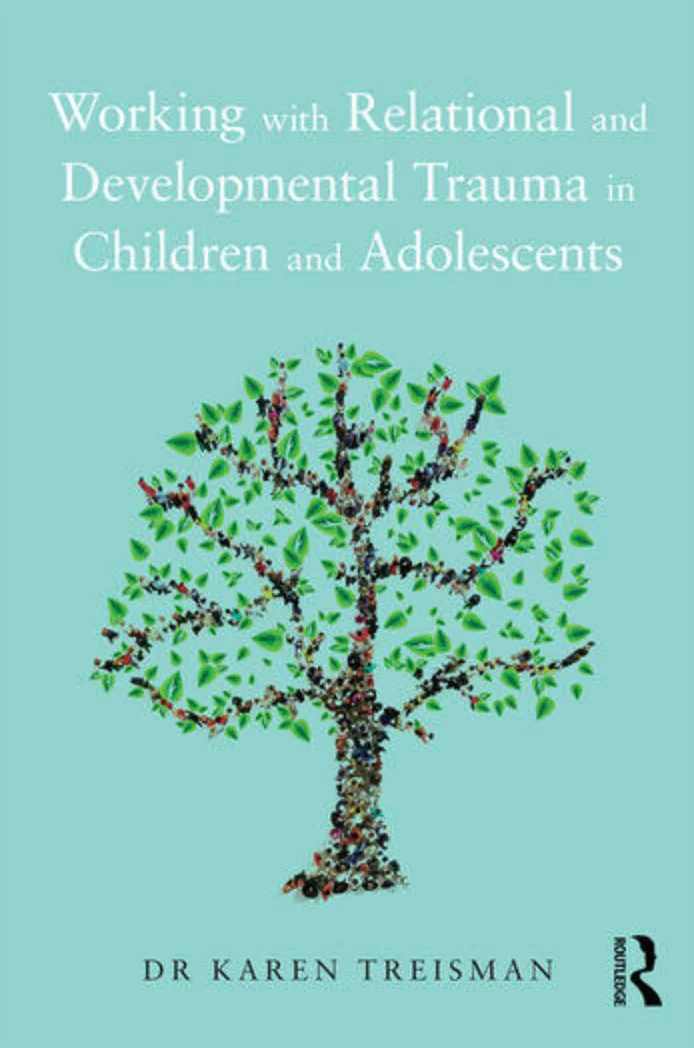
Working with Relational and Developmental Trauma in Children and Adolescents
By Karen Triesman
This book focuses on the multifaceted and dynamic aspects of trauma, loss, and disrupted attachment on babies, children, and adolescents. The book explores in detail the impact of relational and developmental trauma and toxic stress on children’s bodies, brains, relationships, behaviours, cognitions, and emotions. Drawing on a range of theoretical perspectives through reflective exercises, rich case studies, practical applications and therapeutic strategies, this book offers a great level of depth and breath providing an holistic view of the pervasive nature and impact of working with trauma.This book is a must read for counsellors, psychotherapists, psychologists, art and play therapists, social workers and residential care professionals supporting those impacted by trauma
Why you should read this:
This book emphasises the importance of applying neurobiology-informed approaches when working with trauma. Providing practitioners with a solid grounding in Trauma informed Care and Trauma Assessment through a highly accessible and readable format.
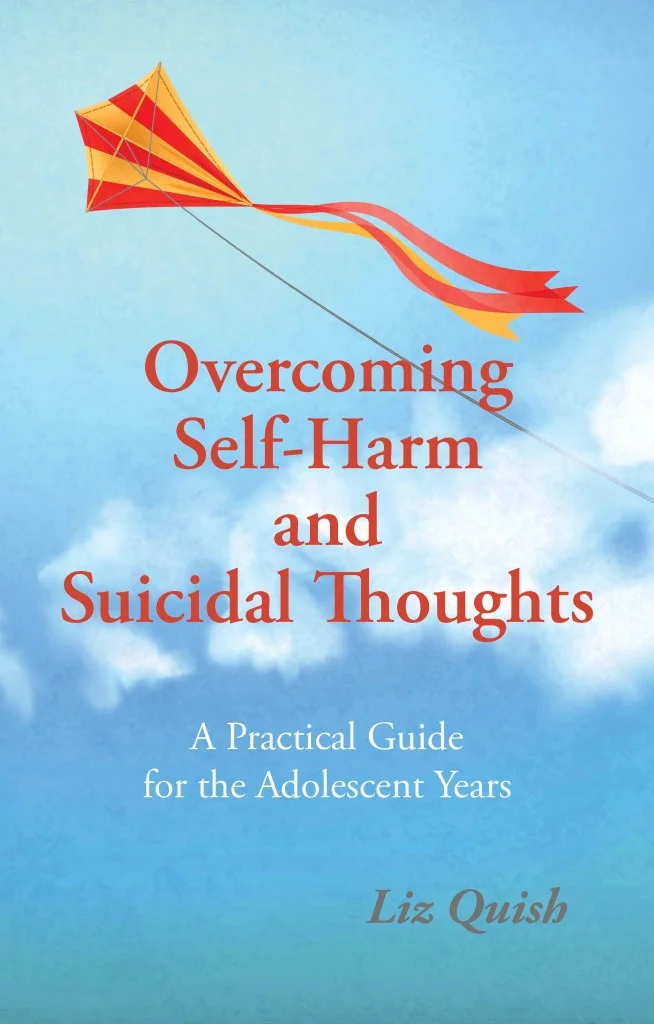
Overcoming Self Harm and Suicidal Thoughts, A Practical Guide for the Adolescent Years
By Liz Quish
A practical guide for parents, teachers, youth workers, therapists and others caring for and working with teenagers/young adults who engage in self-harming and have suicidal thoughts. This is a well researched, informative, practical and compassionate book which will be useful to return to time and time again while helping a teen to negotiate a challenging period and restore a sense of well-being in their lives. Quish addresses readers in a tone that is kind, firm and endlessly encouraging, modelling the tone which she suggests will prove most beneficial to use in dealing with a young person in distress.
Filled with tips on how to support vulnerable teenagers and increase their self-esteem and resilience, this book offers a uniquely integrative and holistic approach, focusing on all aspects of well-being: social, emotional and physical. This book outlines the purpose and function of self-harming behaviours and dispels the myths about self-harm while also offering strategies to support a teenager who self-harms offers key insights into suicide risk factors and preventative measures while also providing guidance for those who have lost a loved one through suicide and advice for those supporting a person through a suicide bereavement.
Why you should read this:
This book is an invaluable resource for parents and professionals supporting a teenager through a difficult time in life- a time when suicidal thoughts and self harming behaviours present as indicators that the well being of a young person has been compromised.
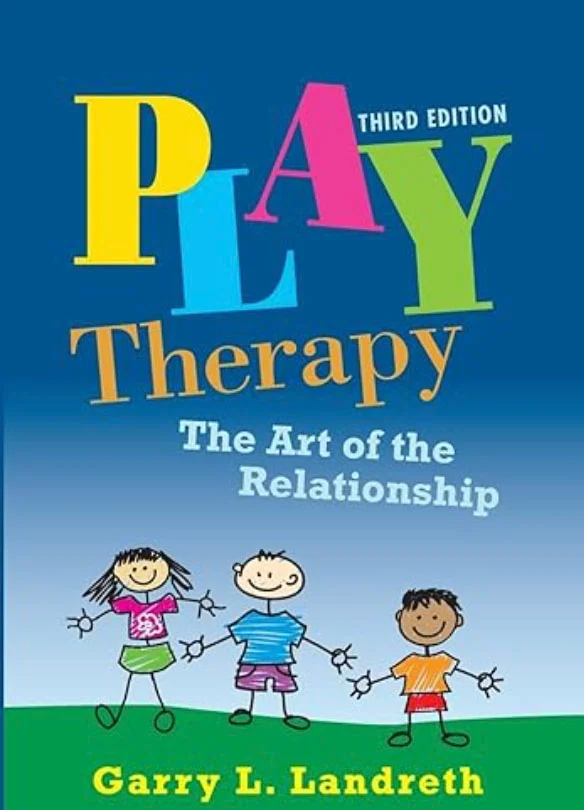
Play Therapy: The Art of the Relationship
By Garry Landreth
Play Therapy – The Art of the Relationship is a comprehensive, detailed and engaging text which highlights the value and significance of Non Directive Child Centred Play Therapy.
Landreth guides readers through the child’s unique way of being in the world providing detailed explorations of how play can be a powerful medium for children to express themselves and heal. This book emphasises the importance of the therapeutic relationship, and the complexity of the therapeutic relationship, offering insights into how therapists can foster a safe, supportive environment for children to explore their emotions and experiences.
Landreth discusses the role of the play therapist, the logistics of the play room and the materials needed, troubleshooting in the playroom, case studies and transcripts of children’s therapy sessions. He also offers practical advice and strategies to employ in the play room along with a thought-provoking chapter on parents as partners in play therapy which also considers ethical and legal issues. Through practical guidance, case examples, and theoretical underpinnings, it serves as an invaluable resource for practitioners aiming to develop their skills in play therapy and deepen their understanding of child-centered approaches.
Why you should read this:
This resource is invaluable for those seeking to enhance their skills in working therapeutically with children through the medium of non-directive play therapy.
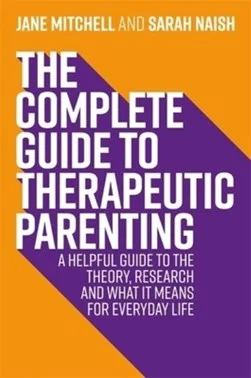
The Complete Guide to Therapeutic Parenting: A Helpful Guide to the Theory, Research and What it Means for Everyday Life
By Sarah Nash and Jane Mitchell
The Complete Guide to Therapeutic Parenting: A Helpful Guide to the Theory, Research and What it Means for Everyday Life is a must read for practitioners, parents and carers wishing to expand their understanding and skills in therapeutic parenting – a deeply nurturing parenting style particularly effective for children who have experienced trauma and disrupted attachment.
This easy to read and understandable text highlights the latest theory and research on trauma through the lens of neuroscience. Providing clarity on complex areas, namely developmental trauma in children, and insights into key challenges, including managing transitions, sibling relationships, trauma expressed behaviours and the teenage years, additionally, it emphasises the importance of self-care for caregivers and practitioners.
Why you should read this:
This is the go-to guide for practitioners, parents and carers who want to expand their understanding and skills in therapeutic parenting through a trauma informed lens.
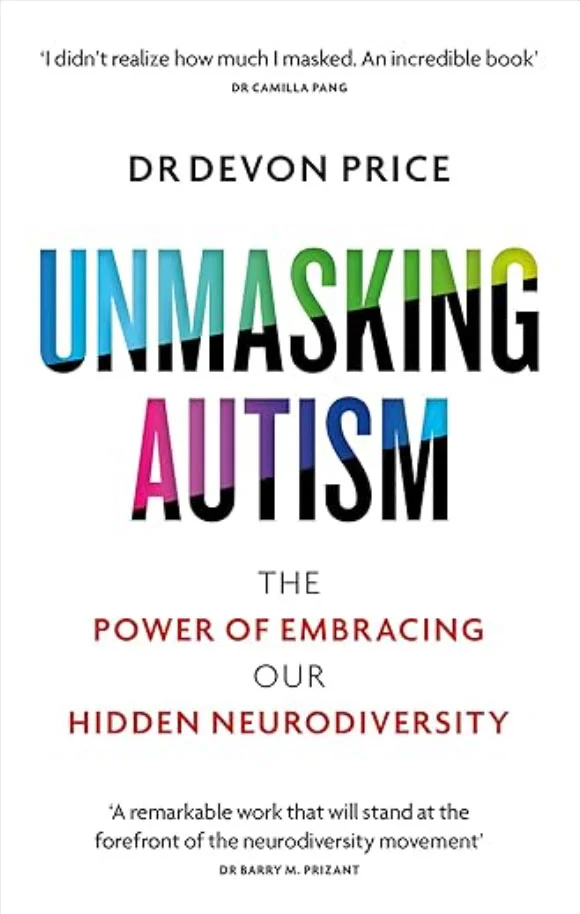
Unmasking Autism: The Power of Embracing Our Hidden Neurodiversity
Dr. Devon Price
For every visibly Autistic person you meet, there are countless ‘masked’ people who pass as neurotypical. They don’t fit the stereotypical mould of Autism and are often forced by necessity to mask who they are, spending their entire lives trying to hide their Autistic traits. In particular, there is evidence that Autism remains significantly undiagnosed in women, people of colour, trans and gender non-conforming people, many of whom are only now starting to recognise those traits later in life.
Blending cutting-edge research, personal insights and practical exercises for self-expression, Dr Devon Price examines the phenomenon of ‘masking’, making a passionate argument for radical authenticity and non-conformity. A powerful call for change, this text gifts its readers with the tools to uncover their true selves and build a new society – one where everyone can thrive on their own terms. The author’s writing style is engaging and accessible, making it easy to dive into the deep and complex issues surrounding masking and neurodiversity.
The author shares their own story of masking and unmasking, which serves as a powerful example of the ways in which autistic people are forced to hide their true selves in order to fit in with society. Through this personal lens, this book provides valuable insights into the challenges faced by autistic people and the ways in which we can work to overcome them.
Why you should read this:
This book is a valuable resource for those who are late-diagnosed autistic or who are questioning whether or not they may be neurodiverse. Its informative and affirming approach makes it a highly valuable resource for those seeking to learn about Autism and the process of unmasking.
The Greenane Centre is the Leading Provider of Specialised CPD Postgraduate Psychotherapy and Mental Health Promotion Training Courses.
We are highly regarded for our robust, informative, dynamic, and engaging training courses offering our students an interactive, reflective and immersive learning experience.


